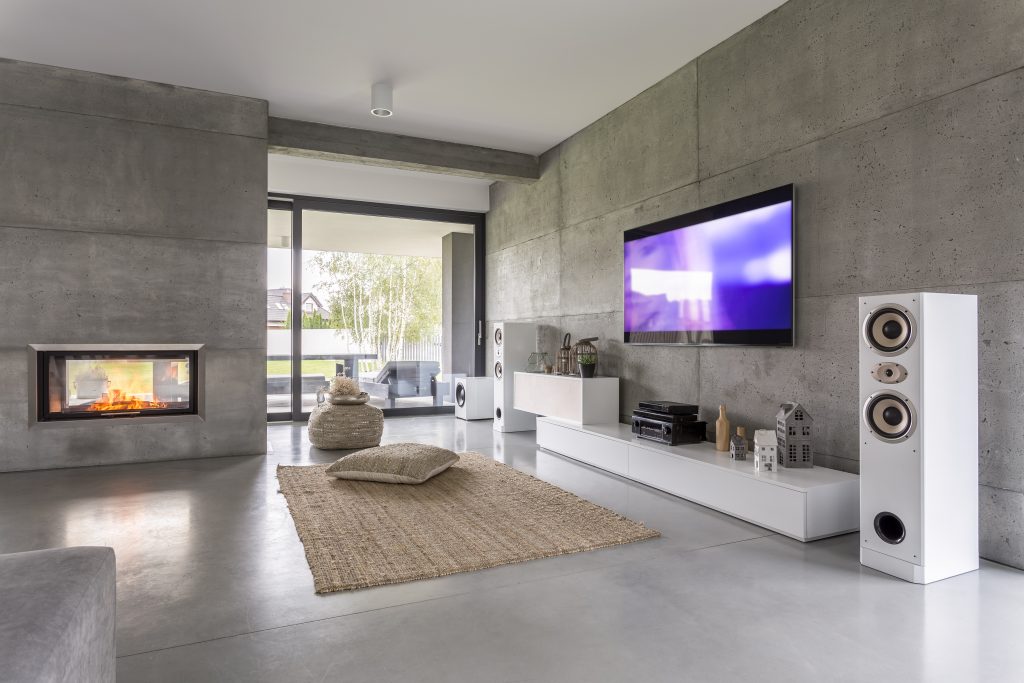Most of us use all kinds of household appliances daily but can we do something to reduce energy consumption? Now we are going to look at TVs Thr
Most of us use all kinds of household appliances daily but can we do something to reduce energy consumption?
Now we are going to look at TVs
Three hours and fifty-five minutes is the average time that people in the UK spend daily on watching TV. Furthermore, that is over 27 h a week or 59 days a year. Today we have an average of 1.86 TVs per home. As we spend a lot of time watching TV, purchasing energy-efficient models can decrease your energy consumption as well as your electricity bill.

If you plan to buy a new television and recycle your old one, here are some tips:
- Check out the energy label
In stores, all TVs have to display the EU energy label. If you think that you are buying good energy efficient TV as it is rated A or B, unfortunately, you are wrong. Today energy labels for TVs range from A+++ (most efficient) to D (least efficient), which makes A and B marked TVs average regarding energy efficiency. If you can afford it look for an A+ or an A++ TV.
- Screen size is important
In the previous decade, screen sizes we are purchasing has doubled. If you want to save energy, you should know that the bigger the screen, the bigger is energy consumption. Keep in mind that advised viewing distance for a 40in TV is 2 m and for 50in TV is 3 m. So if you don’t have enough space, bigger won’t mean better.
- Purchase LED
LED screens represent the most energy efficient technology. They and LCD screens are alike but LED displays consume less energy as they are backlit by light emitting diodes. For watching fast moving pictures on large screens, plasma screens are the best choice, but they consume about 2 or 3 times more energy than LED TV.
Regardless of the type of TV you possess, here are some tips on how to be more energy efficient:

- Turn it off
The Energy Saving Trust stats shows that families in the UK spend from £50 to £86 annually on appliances and devices on standby. TVs are amongst them. Be sure to switch off your TV when you are not watching it.
- Adjust your settings
The brightness level is usually higher by default than needed for home use, so try to change it. Energy consumption will be greatly lower with reduced brightness levels.
- You should think about using eco mode, as a lot of new TVs have it
When using TV to listen to the radio stations enable the screen blanking option which will switch off the screen if you leave it idle for some period.
In the end, if you plan to purchase a new TV, do not forget to dispose of the old one responsibly, whether give it to someone so he can reuse it if it’s working or recycle it through your local council if it’s broken.




COMMENTS